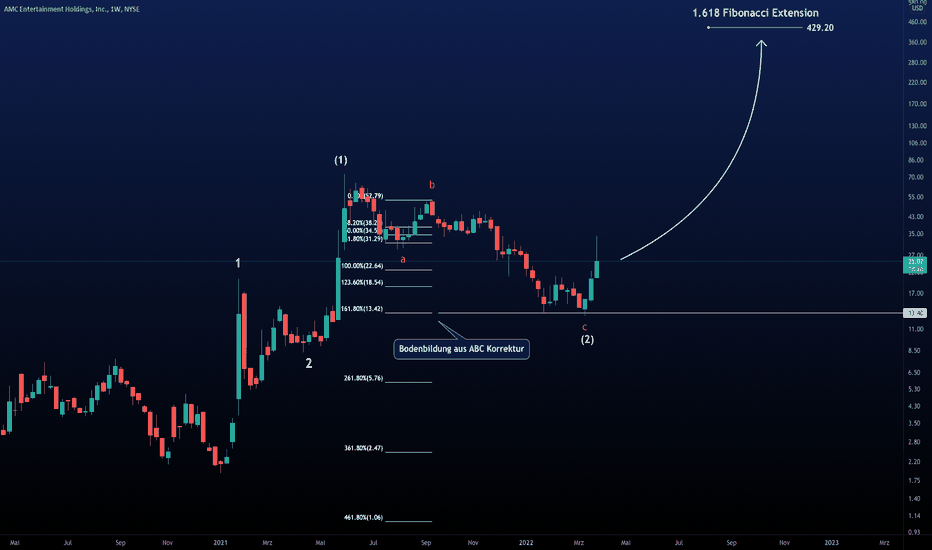I have been looking for meaningful OTC stocks for over two years.
During this time, I have used several methods to make the search a bit easier.
In this article, I showcase several such methods and give a general overview of the market which might help out with the Top OTC News never-ending search for the next gem.
I also share an interesting story of a merger arbitrage in OTC land.
As some of you may know I have run a newsletter focused on the OTC market for the past 15 months and I have been involved in the market for more than two years. I have recently decided to compile all of my research so that investors can have access to content that generated the following investment opportunities.
In this article, I am going to share some tips about how I was able to find such investment opportunities.
The ‘only’ way
The OTC market can sometimes deliver a nostalgic feeling. Be it websites of some companies that have never left the design of the 1990s, or the way the companies operate (‘I can send you the financials, but through regular mail only’).
Wall Street Breakfast
Wake up with Wall Street Breakfast
Get your daily take on the financial markets with Seeking Alpha’s flagship newsletter.
Enter your email
However, perhaps the key aspect of the nostalgia is how one searches for investment opportunities. The best way is to go manually through the whole market. Any kind of screening (and I mean any kind) will mean that you can potentially lose out on some companies, especially since the financial data is not readily available for a material amount of the OTC stocks.
I will talk about several ‘screeners’ one can use, but I would stress that if one wants to be focused on the market properly, he/she needs to start the manual search.
Before you even start looking, I would also stress how important it is not to just look at the financial data. You need to google the name of the firm every time as well. The company can seem uninteresting, but there might be a corporate event that can change everything.
Perhaps the easiest way to ensure that you can save time on this step is to set the initial number of google results higher. My google setting showcase first 40 results (as opposed to just 10) which I found to be sufficient.
The best way to search for OTC companies is to go A to Z, i.e. one by one. An alternative to this is the $0.001 (going below a tenth of a cent might be unreasonable for most) to $0.1 million. I would stress that if you are going via price you should start from the bottom.
The logical argument for this is that OTC stocks that are trading above $1 are more likely to be meaningful, however investors are also more likely to know about them. Thus, starting the hunt from the bottom might be more useful. Larger portfolios however might need higher volume and thus the reverse can be true for some.
There is also a slightly irrational argument to be made here. From my experience, it is better to start looking at complete crapshoots and work his/her way to more meaningful businesses. This way your motivation to keep on going will get better, not worse.
One thing to remember is that once you start downloading lists of stocks from OTCmarkets.com the screener WILL NOT include grey stocks. You will need to search this group of stocks separately or automatize the list downloads. I am not sure why the OTCmarkets.com screener is set up that way.
Also, forget about using any other screener than the one at OTCmarkets.com. The only viable alternative could be Bloomberg. Other screeners are unreliable, because they use second-hand data sources or somehow tinker with data provided by OTCM thus they might not include every name.
One can also manage to track companies that go into the OTC market so that he/she does not have to check the entire market for new entrants. The best way to track this is through an RSS feed of Form 25s which track deregistration from the exchanges.
Finally, I would point out that I would also start with US-based companies only. If you set up the list for the whole market this will include double-listings from other countries which are usually less liquid and do not really fit the OTC market. What I mean by this is that if you include stocks from Canada, you might as well just go to Canadian exchanges and search there.


